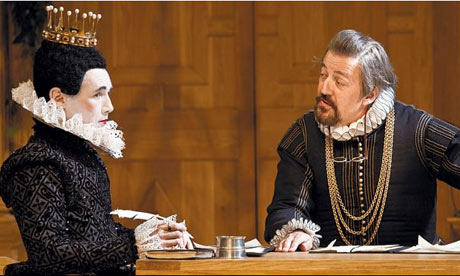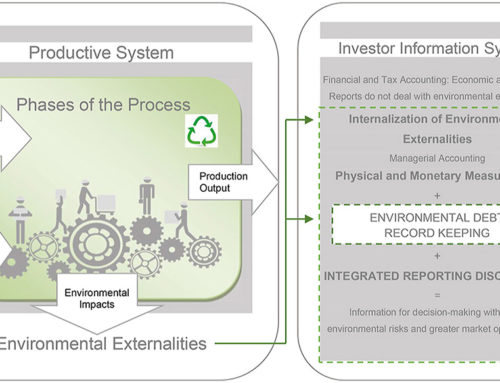First posted in the Guardian, December 6th, 2013
As an environmentalist, producer and businesswoman, I have always thought that moving anyone to action takes either power (or money) or love (or sex). Sometimes it takes all two (or four).
In a revelatory few weeks of theater, many of my assumptions about power and money were sent packing. I saw a biting and brilliant all-woman production of Julius Caesar, Shakespeare’s ultimate power play. And I also caught a hysterically funny production (not Book of Mormon funny but uproarious nonetheless) of the Twelfth Night, Shakespeare’s funniest romantic comedy.
Hmm, the women got inside the very male power struggles of the Roman Empire (set in a modern prison) and the men were clearly as bewitched, bothered and bewildered as the most foolish of archetypal maidens. This is a new world of cross-gender understanding, and a very welcome one.
Now if women can also get hold of the money part of the equation that runs the world, we’d really have some social evolution going on. Therein lies the rub. We women are gaining power in many ways, but still, in the realm of the real power and money tables (corporate boards, CEOs and senior management, cabinet ministers and entrepreneurs of high-impact businesses), we disrupt the economic order less than we could.
And the world certainly needs disruption, both to alleviate the great environmental burden we are placing on the planet and our children and also to remedy the terrible income inequality that threatens every nation’s social fabric.
Here are some depressing statistics. Women who work full-time currently earn 77 cents on the dollar in the United States, a statistic that has remained static for 10 years. This pay gap exists in nearly every occupation, and is worse for women of color and older women. Two-thirds of minimum wage workers are women. According to the World Economic Forum’s Gender Gap report, the United States is ranked 67th globally in wage equality.
On the other end of the spectrum, women hold only 15%-20% ofleadership positions in the upper echelons of the professional world and only 18% of seats in the US Congress. (Not that I’d claim that women would have behaved better than the men did this summer.)
Love and power
But the most interesting place is where the love and money intersect. As Henry Kissinger so eloquently said: “Power is the ultimate aphrodisiac”. It turns out that’s not always the case; it depends on who has the power.
Take the Harvard Business School as an example. For men, the Harvard affiliation gives them a tool sometimes called the “H-Bomb” – according to conventional wisdom, when a man says he goes to Harvard, the women line up. But when a woman states she goes to Harvard, apparently, the men run away.
Women of the Harvard Business School say that they have taken to stating that they attend another school or do something less “powerful” when they go off campus – bars, parties or other settings where many of young people seek companionship that often involves heavy breathing – looking for a date.
The essence of this story is that for women looking for men, sex and power go together. For men looking for women, power is a turnoff.
So how did these two theater companies get so utterly inside the essence of power and love against their gender stereotypes in these 450 year-old Shakespeare plays?
Women are now seeking to plumb the depths of power and its interplay with violence, sectarianism, philosophy and politics in order to express themselves more fully in the world. So let it be with Julius Caesar.
As William Shakespeare proclaimed via his Julius Caesar: “Men at some time are masters of their fates. The fault, dear Brutus, is not in our stars, but in ourselves, that we are underlings.”
And as Viola in Twelfth Night notes: “Alas, the frailty is to blame, not we.” Men are relieved to finally accept their vulnerabilities and emotional fragility as a basic part of life.





